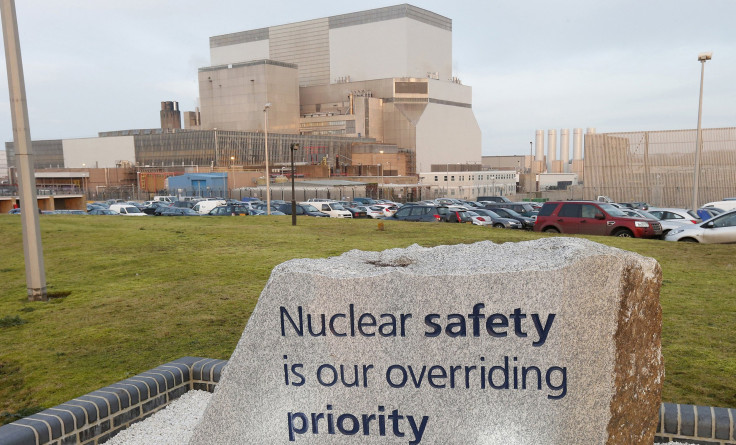Britain Casts Doubt On EDF's Hinkley Point Nuclear Plan

Britain's new government has cast doubt over a project with French energy company EDF to build the UK's first new nuclear plant in decades, delaying a decision on the plan just a day after the company's board voted to proceed.
In a surprise move, the government said it wanted to give the Hinkley Point C project further consideration, postponing approval until early autumn and leading to concerns the plant's construction will be pushed back further.
The pouring of the first concrete at Hinkley Point C is scheduled for mid-2019 but the 18 billion pound ($24 billion) plant's start-up date has been delayed several times due to regulatory hurdles, the fallout from the Fukushima nuclear disaster in Japan and EDF's deteriorating financial position.
Analysts and unions said the review under new Prime Minister Theresa May would likely delay the project further, put finance in doubt and jobs at risk.
Although EDF and Chinese partner China General Nuclear are responsible for the up-front costs of the project, Britain has committed to pay a price twice current market levels for the power generated by the plant.
"Because of the fall in the energy price over the past 12 months, the project does look very expensive and there have been a lot of calls for other projects to be considered or for this to be taken back to the drawing board," said Oliver Salvesen, analyst at investment bank Jefferies.
"It probably still would go ahead but it does cast some additional doubt on whether (the government) will look for alternatives in the meantime," he added.
Jonathan Robinson, consultant at Frost & Sullivan, said the government wants to show investment can flourish after Britain voted in a June 23 referendum to leave the European Union but is concerned about the burden on taxpayers through higher energy bills.
"One possible solution could be that the UK government pushes for a renegotiation of the deal, but this could potentially mean the withdrawal of EDF from the project," he added.
CONCERNS RAISED
Potential security risks have also been cited. Last year, Nick Timothy, who worked closely with May in the past and is now her joint chief of staff, raised concerns about Chinese investment in Hinkley.
Timothy said security experts were worried the Chinese could use their role to build weaknesses into computer systems that would allow them to shut down Britain’s energy production at will, and cited data on Chinese cyber espionage and attacks.
UK Business and Energy Secretary Greg Clark said the government would consider all parts of the project and make its decision in the early autumn.
A government spokeswoman told Reuters on Friday it was "only right" the new administration looked at all details of the project before making a decision.
Britain and EDF first reached a broad commercial agreement on the project under the previous government in 2013.
EDF, whose board narrowly voted to proceed with Hinkley Point C on Thursday, said it was confident about the new British government's commitment to the project.
Shares in EDF were up 8 percent on Friday.
Asked about the possible impact on the project's construction schedule, EDF Chief Executive Jean-Bernard Levy said the timing was under permanent review, depending on events, notably the effective date of signature of the contracts.
Opponents of the project in Britain say the price at which the government has agreed to buy power from EDF is too high.
The government signed a 35-year electricity price guarantee contract, known as a "contract for difference", with EDF in October 2013, under which the utility will receive a top-up fee if power prices are below 92.50 pounds per megawatt-hour.
Current baseload power prices in Britain are under 40 pounds per megawatt-hour.
"The 92.50 price in the contract was in 2012 money. The contract obviously hasn't been signed. If they were to change that price they would have to do an entirely new contract or plan for the project which would then be delayed a lot further," Jefferies' Salvesen said.
© Copyright Thomson Reuters 2024. All rights reserved.











